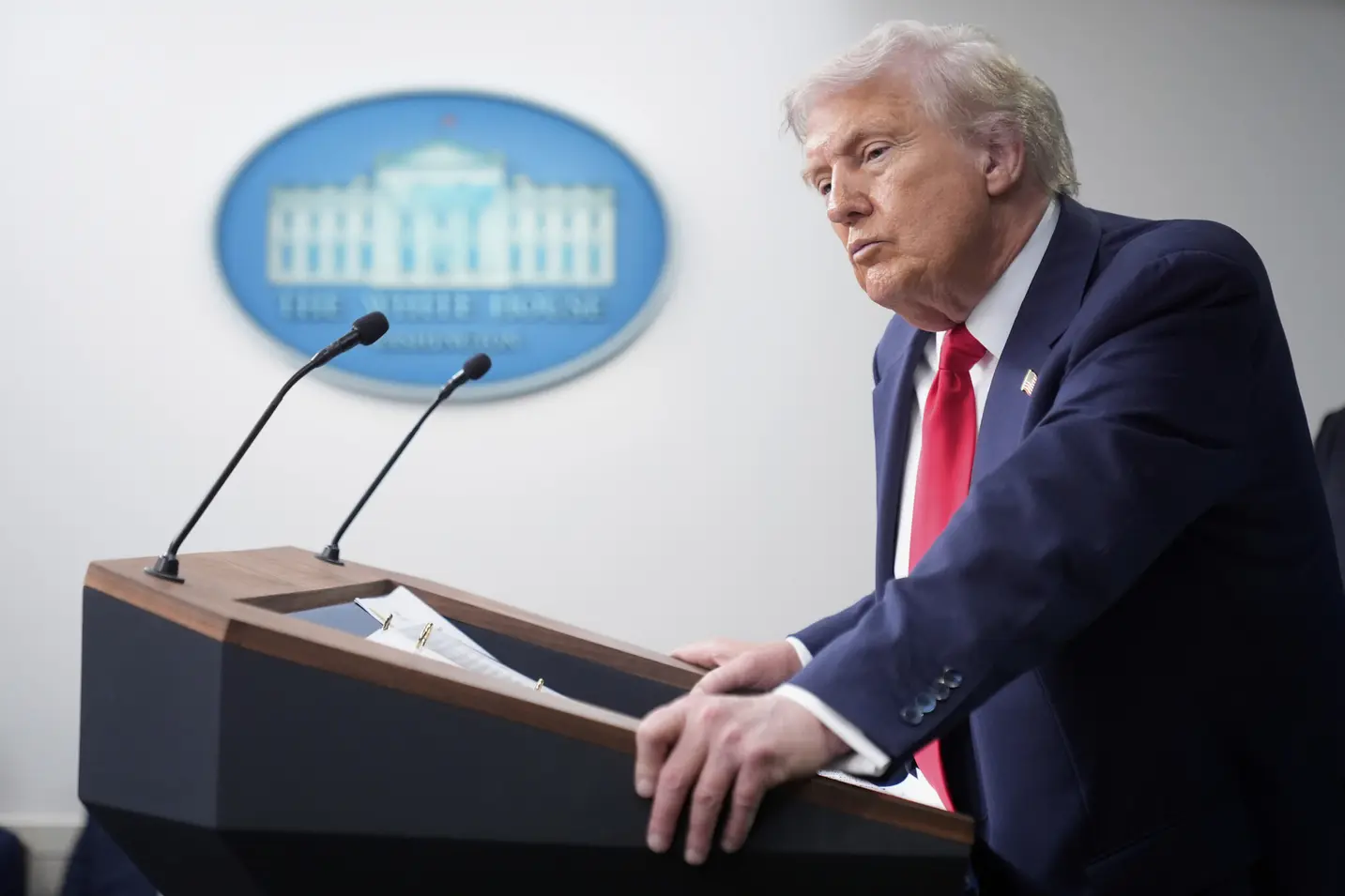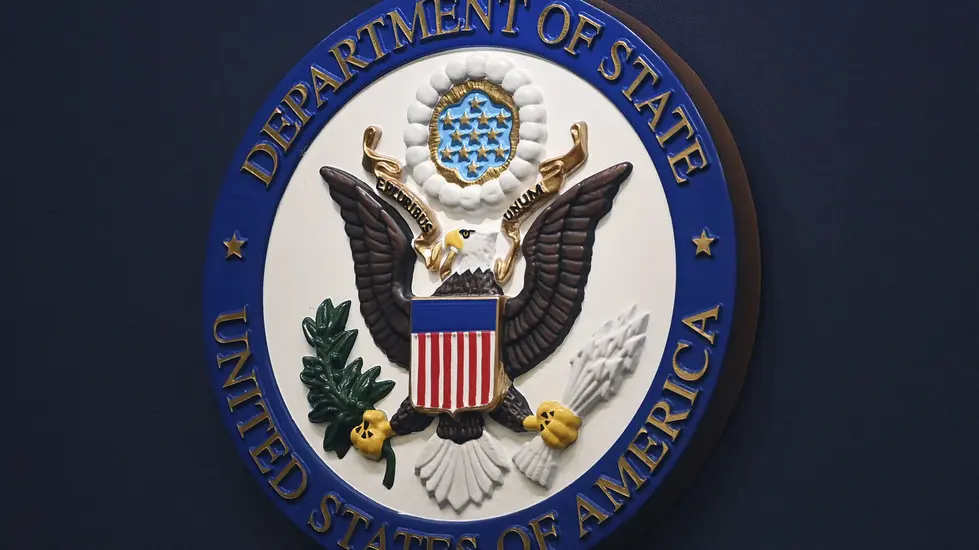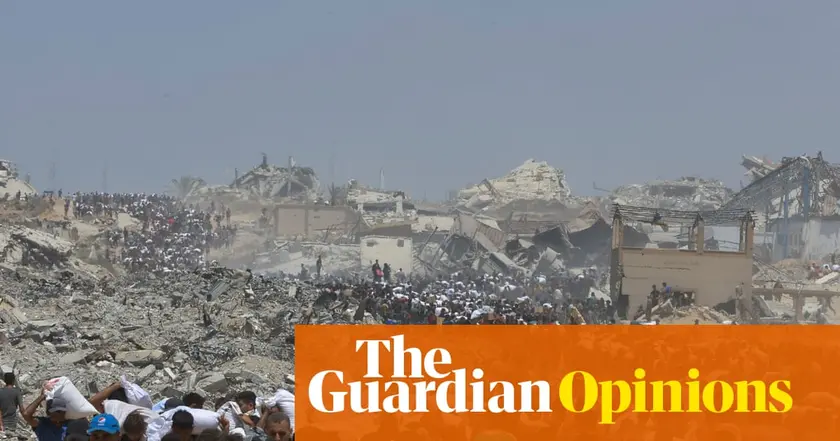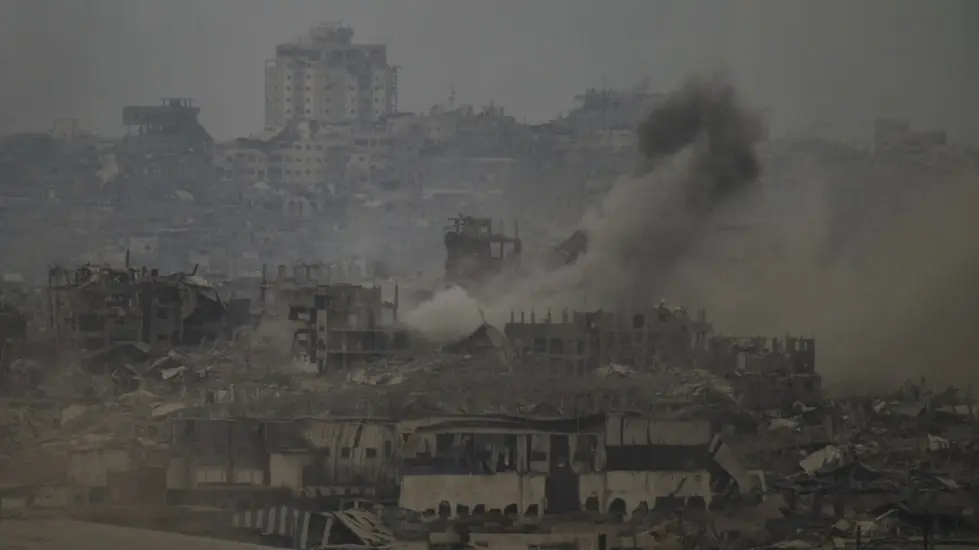T4K3.news
Trump overhaul trims Israel critique in human rights report
The 2024 State Department human rights report reduces Israel criticism and omits Gaza concerns, signaling a shift in the administration's reporting approach.

Israel section shorter than before and omits Gaza concerns, signaling a broader shift under the Trump administration.
Trump overhaul trims Israel critique in human rights report
US President Donald Trump’s administration has overhauled the 2024 State Department Human Rights Report, cutting back on criticisms of allied governments. Officials say the changes remove redundancy and align the document with legislative mandates, following months of revisions by political appointees who shaped the draft according to what they described as America First priorities.
The Israel section is unusually brief and omits the Gaza humanitarian crisis and settler violence in the West Bank. The document also downplays LGBTQI rights and frames the Russia-Ukraine war as the Russian invasion of Ukraine. The report was delayed for months as the administration pushed to align the draft with new priorities. Critics say the edits weaken the document's role as an accountability tool, while supporters argue the edits improve readability and focus on governance.
Key Takeaways
"We have criticized past reports when warranted, but have never seen reports quite like this."
Amanda Klasing of Amnesty International USA on the shift in reporting
"The report sent a chilling message that the United States will overlook abuses if doing so suits its political agenda."
Amanda Klasing commenting on the policy implications
"There were no credible reports of significant human rights abuses."
State Department language on El Salvador in the 2024 report
"remove redundancy, increase readability, and are responsive to the legislative mandates underpinning the report"
Tammy Bruce on the formatting changes
Analysts say the edits reflect a broader shift away from using human rights reporting to pressure allies. By trimming references to Israel’s abuses and Gaza, the administration signals a recalibration of what counts as a norm to defend. The risk is a credibility gap: civil society and international partners may doubt the report’s independence when political priorities steer the text. In a time of rising global tensions, the selective treatment of Israel, Gaza, and other countries raises questions about consistency and accountability. The narrative shows how domestic political considerations can reshape international reporting.
Highlights
- Policy notes come before conscience
- Read the fine print hear the priorities
- Credibility depends on independent truth not selective edits
- Editing the report not the facts
Political sensitivity surrounds changes to human rights reporting
The overhaul touches Israel, Gaza and other countries, raising concerns about credibility, bias and potential backlash from rights groups and allies. The edits may affect diplomacy, advocacy, and public trust in the report as an objective watchdog.
Observers will watch how the next edition weighs diplomacy against rights advocacy.
Enjoyed this? Let your friends know!
Related News

Rights report rewritten

State Department trims annual human rights reports

Nine-page Israel report triggers criticism

Germany rejects US censorship claims in rights report

Short US Israel Human Rights Report Draws Criticism

US accused of complicity in Gaza genocide

Witkoff and Huckabee assess Gaza humanitarian situation

Increased Global Pressure on Israel Due to Gaza Actions
